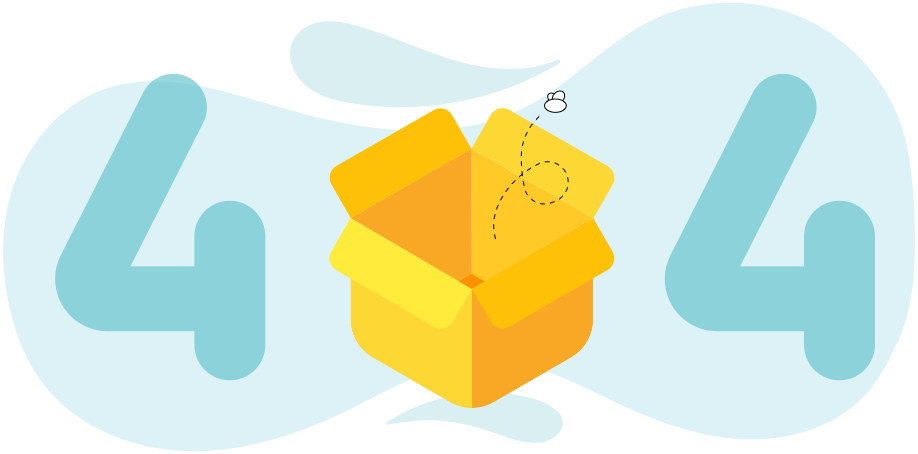صفحهای که دنبال آن بودید پیدا نشد!
صفحه اصلی
درس هنوز ارائه نشده است
دانشجو عزیز بیان برتر، مهلت تکمیل فرم دو برنده خوش شانس تحصیل در کانادا از ساعت 12 نیمه شب پنجشنبه به اتمام رسیده است.
قوانین و مقررات فرآیند ثبتنام و قوانین عودت و استرداد
موسسه آموزش عالی بیان برتر با توجه به اهمیت دوره های آموزشی خود، عدم رعایت مسائل انضباطی و مقررات آموزشی را باعث ایجاد بی نظمی و پایین آمدن بازدهی کلاس می داند که در نتیجه منجر به عدم بهره گیری کافی دانشجویان می شود. لذا آیین نامه انضباطی این مرکز جهت اطلاع رسانی در اختیار دانشجویان قرار خواهد گرفت که رعایت تمامی موارد آن برای دانشجویان عزیز الزامی است و در صورت عدم رعایت، موسسه محق خواهد بود بدون هیچ توضیحی و بدون برگشت هیچ وجهی، زبان آموز خاطی را از ادامه شرکت در دورهها منع کند.
۱. رعایت ادب و احترام نسبت به کارکنان و دانشجویان دیگر
۲. رعایت موازین اخلاقی، حفظ حجاب و شئونات اسلامی، حضور به موقع در محل برگزاری کلاس ها و خروج آن در پایان ساعت آموزشی، پرهیز از تجمع در راهروها و محیط مقابل ساختمان محل برگزاری کلاس ها
۳. جهت حفظ انضباط آموزشی موسسه، غیبت بیش از سه جلسه در کلاس ها بدون هماهنگی به معنای انصراف از حضور در کلاس ها تلقی می شود.
۴. تسویه حساب مالی دانشجو می بایست قبل از شروع اولین جلسه کلاس به صورت کامل انجام شود. در غیراین صورت موسسه جهت منع حضور دانشجو در کلاسها، محق و مختار خواهد بود.
قوانین استرداد وجود
تبصره ۱: تا قبل از ۱۰ روز به شروع کلاس، امکان عودت ۱۰۰٪ شهریه وجود دارد. ۱۰ روز مانده تا شروع کلاس بدلیل بسته شدن تعداد نهایی تمامی کد کلاسها و دانشجویان، امکان کنسلی، جابهجایی و یا انتقال هزینه به ترم بعدی، به هیچ عنوان وجود نخواهد داشت.
تبصره ۲. تشکیل حتی یک جلسه از یک درس در هرکلاس، حتی بدون حضور زبان آموز به منزله شروع کلاس ها می باشد.
تبصره ۳. انتقال هزینه کلاس به هر دلیل و مشکلی از سمت دانشجو به ترم یا ترم های آتی امکان پذیر نمی باشد.
نحوه پشتیبانی و ساعات پاسخگویی
نحوه پشتیبانی و پاسخ به مشکلات به صورت 24 ساعته از طریق ثبت تیکت در پروفایل و یا تماس در ساعات اداری از ساعت 8:30 تا 17:30
بیان برتری عزیز، مهلت ثبت نام به اتمام رسیده است.